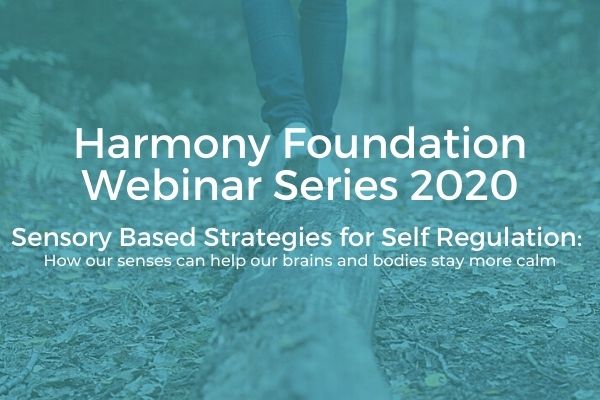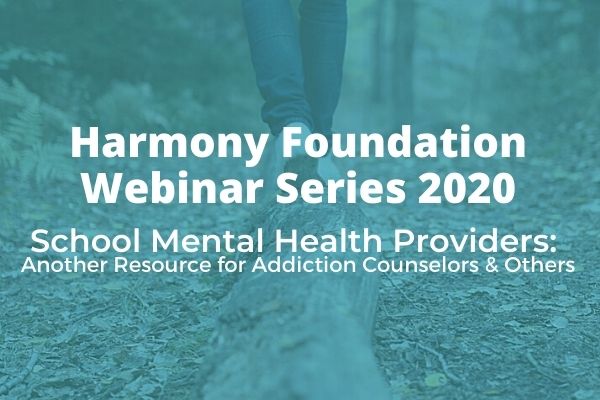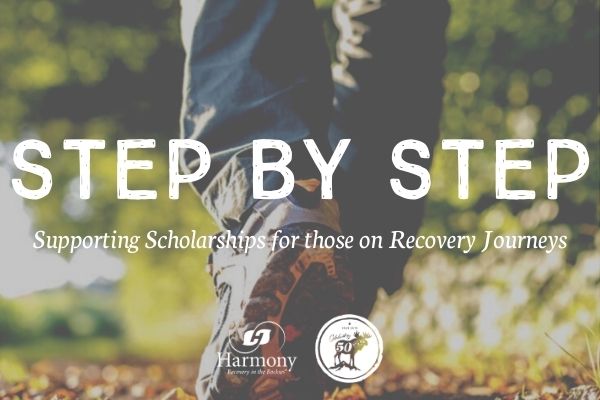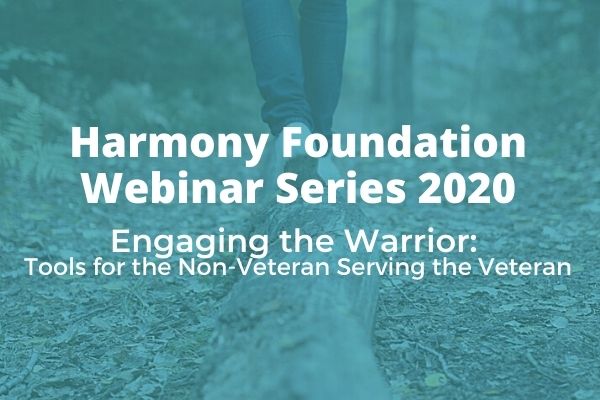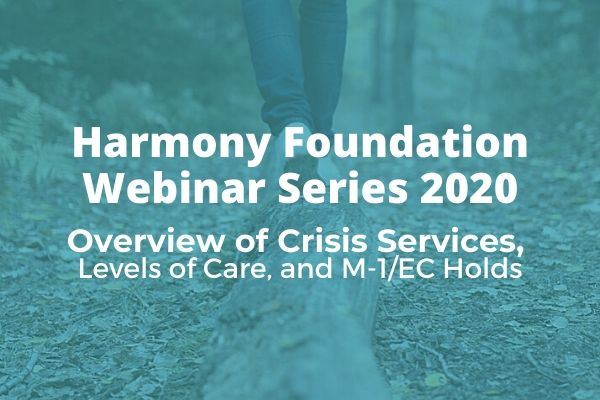Harmony alumna Shayla E. was discharged after her successful treatment in March. It was a very challenging moment in her life. Recovery from addiction is hard enough in normal times, but Shayla had to stay the course in the middle of an escalating pandemic.
“Getting sober during COVID-19 definitely has its challenges,” she says. During her residential treatment at Harmony, Shayla was sheltered from the constant stream of news about the pandemic but then she found herself in a situation where “everybody was terrified of each other.”
“It was nerve-racking, in-person meetings were not necessarily taking place,” she remembers. “I was nervous about attending my IOP (intensive outpatient program) without actually meeting other people or seeing my therapist in person.”
Intensive outpatient treatment is certainly a different experience on Zoom, but Shayla was able to form great relationships with members of her group and with her therapist.
Following treatment, Shayla chose a sober-living arrangement—the “best decision I could have made, especially during COVID,” she says. Shayla had previously relapsed because she isolated herself too much after treatment but she learned from that experience. This time, she was not going it alone.
“I did not have the opportunity to isolate in that home. I was always around a bunch of girls, and we were all stuck together, always finding creative ways to pass the time.” She had clear goals and requirements—such as how many meetings to attend—and it really helped her to stay sober and accountable.
This time her recovery was all about community and building strong relationships to support her. She looked for AA meetings online and attended daily or weekly. She focused on being open and honest, talking with people—she even got her sponsor via Zoom.
The coronavirus precautions are challenging, she says, especially if you’re introverted, but it’s doable. “Just put yourself out there. Say ‘I’m new, I’m a bit afraid, this is where I’m at, and I need help.’ People will definitely reach out. I was surprised to see how many people wanted to sponsor. The amount of support is really remarkable.”
“Good communication so important,” says Shayla. “I was able to help a lot of people as well.” She came well prepared with recovery tools she acquired at Harmony. “I definitely rely a lot on my grounding tools, my breathing exercises. I make sure I have a solid morning routine—getting up on time, making my bed, meditation, prayer, and yoga, if I have enough time. Getting involved in AA meetings definitely has been important to me, that’s how I keep building my community.”
She stays in touch with the Harmony community and journals a lot. “It’s all about staying open-minded, and not being judgmental—everybody’s different.” At the same time, don’t be too serious, have some fun, and be yourself.
Shayla has a message for addicted people who think they can’t do it, who believe that recovery is too hard for them. “I know it’s a horrible pandemic but it gave me the time, and the opportunity to slow down, to actually focus on myself and work a program. It’s definitely worth considering going into treatment at Harmony Foundation—that place saved me, I don’t think I could have done it without their support.”
Harmony continues to serve people suffering from a substance use disorder during the pandemic and has implemented a number of
precautionary measures to ensure staff and client safety. Delaying addiction treatment can be even more dangerous than COVID-19.
Shayla knows recovery is not easy. “Getting sober is hard but if you know in your heart that you want recovery and you feel now is the time, do it! Reach out to anyone you know, strangers, Harmony alumni, we are here for you,” she says.
“It’s possible, it’s doable, and it’s a lot better on the other side.”


